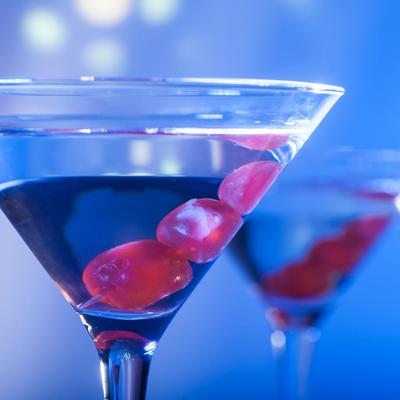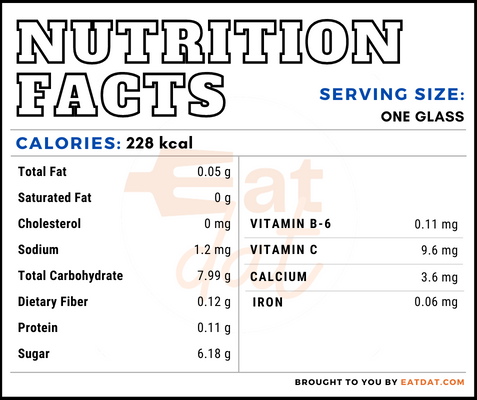
Daphne Martini
What is a Daphne Martini?
A Daphne martini is a type of martini that is blue in color. While the original cocktail is made with only gin and dry vermouth, this version also includes pear vodka and blue curaçao liqueur. The blue curaçao liqueur is what gives the signature color to the cocktail. Daphne martini is a dry cocktail with a sweet and fruity hints.
- The heaviness of the cocktail may depend on the brand and type of gin used.
- Also, the Daphne martini has a high alcohol content, about 31 percent ABV (62 proof).
The top 8 best brands of gin to use in martinis include:
- Beefeater
- Sipsmith
- Boodles
- Nikka Coffey
- Tanqueray Malacca
- Cadenhead Old Raj
- Hayman’s
- Hendrick’s
Origin
The martini is a classic cocktail that has been around for more than 100 years. However, the exact origin of this drink is unclear. Legend has it that the drink originates from the Martinez cocktail and can be traced back to the 1860s. As the story goes, a bartender named Jerry Thomas invented the drink for a miner in return for a gold nugget. The miner’s destination was Martinez, California and, hence, the name of the cocktail.
Another story attributes it to a man called Martini di Arma di Taggia, who is believed to have invented it in New York City. Yet another theory is that the cocktail might have been named after the Italian vermouth Martini, which went on the market in 1863. Whatever the origins are, we know that the martini was being served by 1884 in various bars. There is evidence of this in The Modern Bartender, where the drink is considered a variation of the Manhattan cocktail.
Nutrition
Nutritional profile for martini (1 glass, any flavor):

Alcohol has no nutritional value and without any vitamins and minerals, has empty calories. Overconsumption of cocktails can also result in major health complications. These include obesity, change in the brain’s functioning patterns, liver cirrhosis, pancreatitis, heart problems, strokes, different types of cancers, as well as impact on general overall immunity. Therefore, it is best to consume cocktails responsibly and in moderation.
Commercial production
The ingredients required for preparing Daphne martini are gin, pear vodka, blue curaçao liqueur, dry vermouth, and orange bitters (optional). The first four ingredients are all poured into a cocktail shaker and shaken well with ice. Then, the liquid is strained into a chilled cocktail glass. After that, the orange bitters are poured on top. The Daphne martini is usually served with a twist of lemon or lime, although other options include berries, cherries and orange.
Daphne martini recipe
Daphne martini is a specific type of martini. Here is the recipe:
FDA regulations
Alcohol is regulated by the TTB in the US. The TTB classifies gin as a product obtained by original distillation from mash, or by re-distillation of the distilled spirits, with juniper berries and other aromatics. Gin must be bottled at 80⁰ proof. Different types of gin are covered under this description. This organization classifies vermouth as an aperitif wine, which must have a grape base. Blue Curaçao is classified as a liqueur or cordial and is defined as an orange flavored liqueur or cordial. Vodka is defined as a neutral spirit distilled with charcoal and without any distinctive character, aroma, taste, or color. Pear vodka is vodka flavored with natural flavoring materials, with or without the addition of sugar, bottled at not less than 30% alcohol by volume.
References
The History of the Martini Cocktail, Frankie Bones Restaurant & Lounge
https://frankiebones.com/the-history-of-the-martini-cocktail/
Hughes, N. (1992), “Gin”, Nutrition & Food Science, Vol. 92 No. 4, pp. 14-16. https://doi.org/10.1108/EUM0000000000962
Is it time to rethink how much you drink?, Harvard Health Publishing, Harvard Medical School
https://www.health.harvard.edu/heart-health/is-it-time-to-rethink-how-much-you-drink
